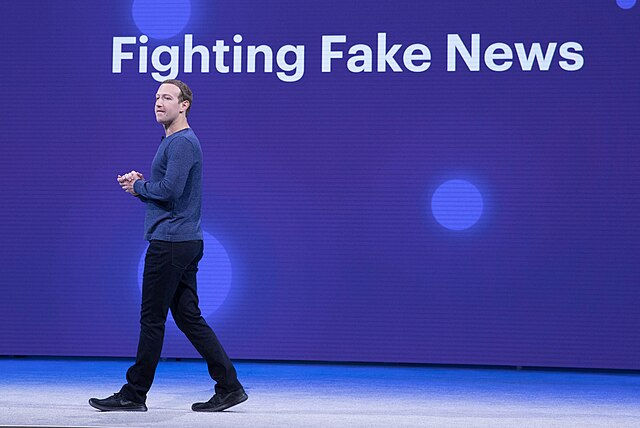Should Corporate Leaders Defend Democracy?
- Matthew Kohut

- Oct 30, 2024
- 2 min read

Most Republicans and Democrats Say Yes
Strong majorities of Americans on both side of the political divide agree that CEOs should use their influence to stand up for a free and fair election, according to a recent survey from Weber Shandwick.
Yet with a few notable exceptions, most corporate leaders have bent over backwards to steer clear of partisan politics in the final days of a white-hot presidential election. While media coverage has focused on decisions by owners of the Los Angeles Times and the Washington Post not to make candidate endorsements, other business leaders have gone to pains to downplay the importance of the election. BlackRock’s Larry Fink recently told a financial audience that as far as markets are concerned, “The reality is, over time, it [the election] doesn’t matter.” *
For companies that depend equally on customers in red states and blue states, there's a simple logic to staying above the fray. Taking sides also risks alienating the next presidential administration, which could have long-lasting implications for firms in highly regulated industries.
But there is a business case to be made that corporate leaders should be vocal defenders of democracy—even if they don’t take sides.
The bedrock beneath the American economy is a political order based on the rule of law, free and fair elections, and the peaceful transfer of power. If this system fails or loses its legitimacy, it could threaten the stability and predictability that businesses depend on. This is so fundamental to business interests that the Business Roundtable issued a statement urging “all Americans to respect the processes set out in federal and state laws for electoral determinations and an orderly transition.”
While the public’s appetite for businesses taking stances on political and social issues has decreased over the past couple years, the Weber Shandwick survey finds that strong majorities of both Democrats and Republicans support business leaders condemning election interference (71%) and election-related political violence (74%), and using their influence to stop or discourage election interference (69%).
The last time democracy was on the line, private sector leaders filled a void in public leadership. In the immediate aftermath of the 2020 election, dozens of corporate leaders took public stances against election deniers. And when Georgia lawmakers took up a bill that made voting harder rather than easier, Black business leaders used their voices to get their peers to sign on to a two-page paid spread that appeared in the NYT, WSJ, Washington Post, and USA Today.
Those were unprecedented times. Four years later, the warning signs that democracy is under threat are unmistakable, from incendiary rhetoric to actual ballot boxes on fire. CEOs should be ready to stand up proactively rather than reactively for the system that anchors their businesses.
* Fink would do well to recall the wisdom of John Maynard Keynes: “The long run is a misleading guide to current affairs. In the long run we are all dead.”



Comments